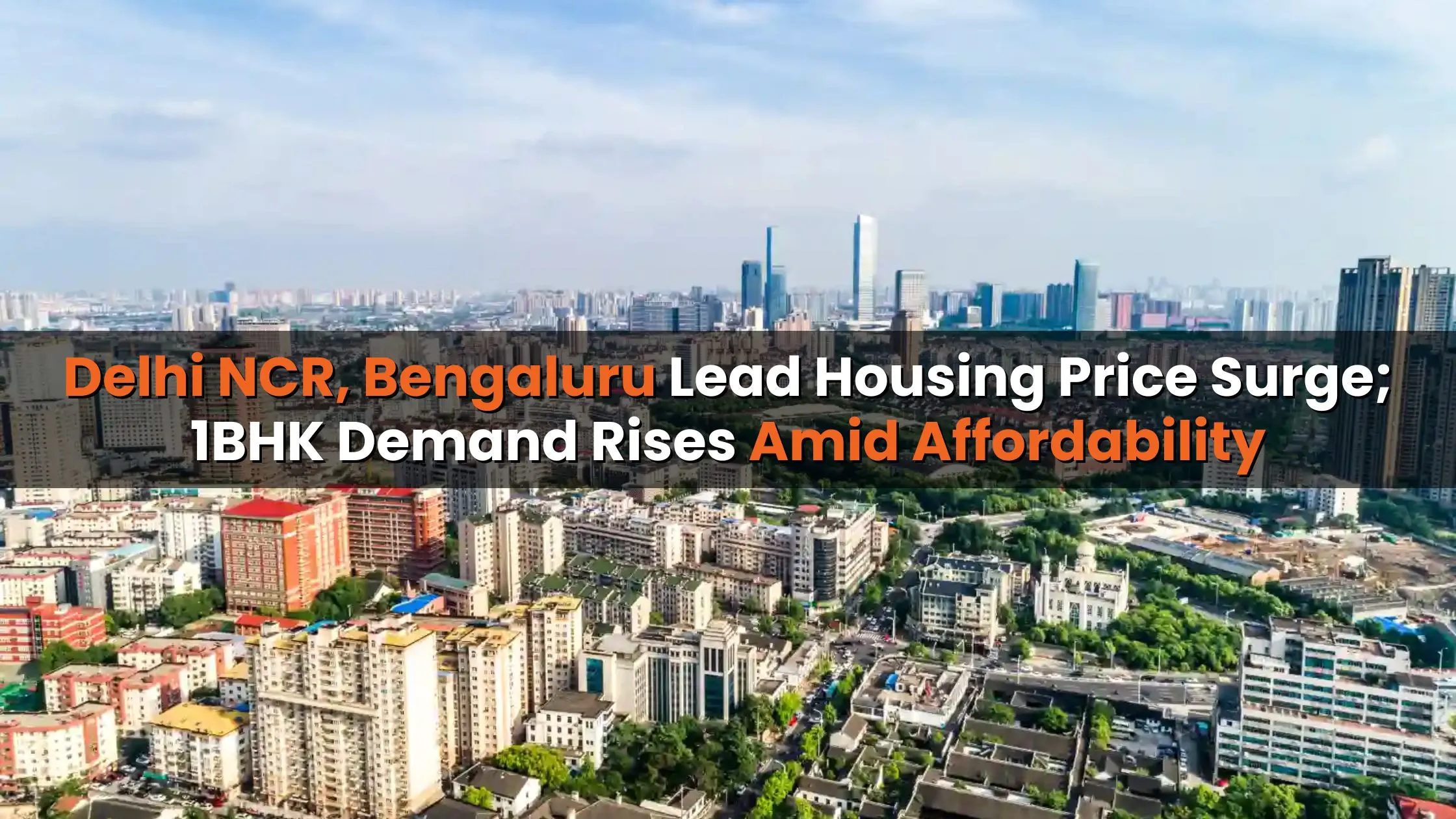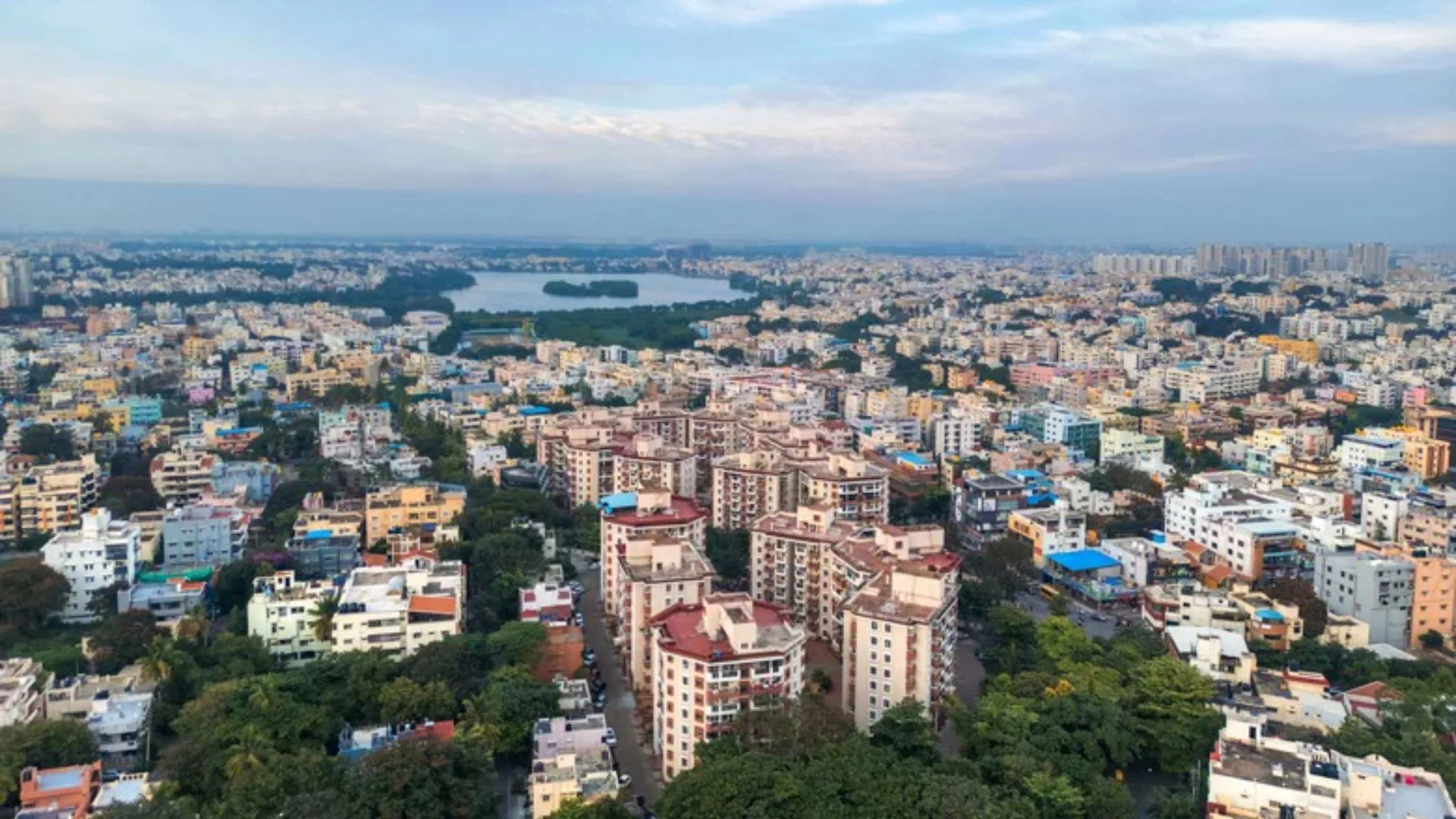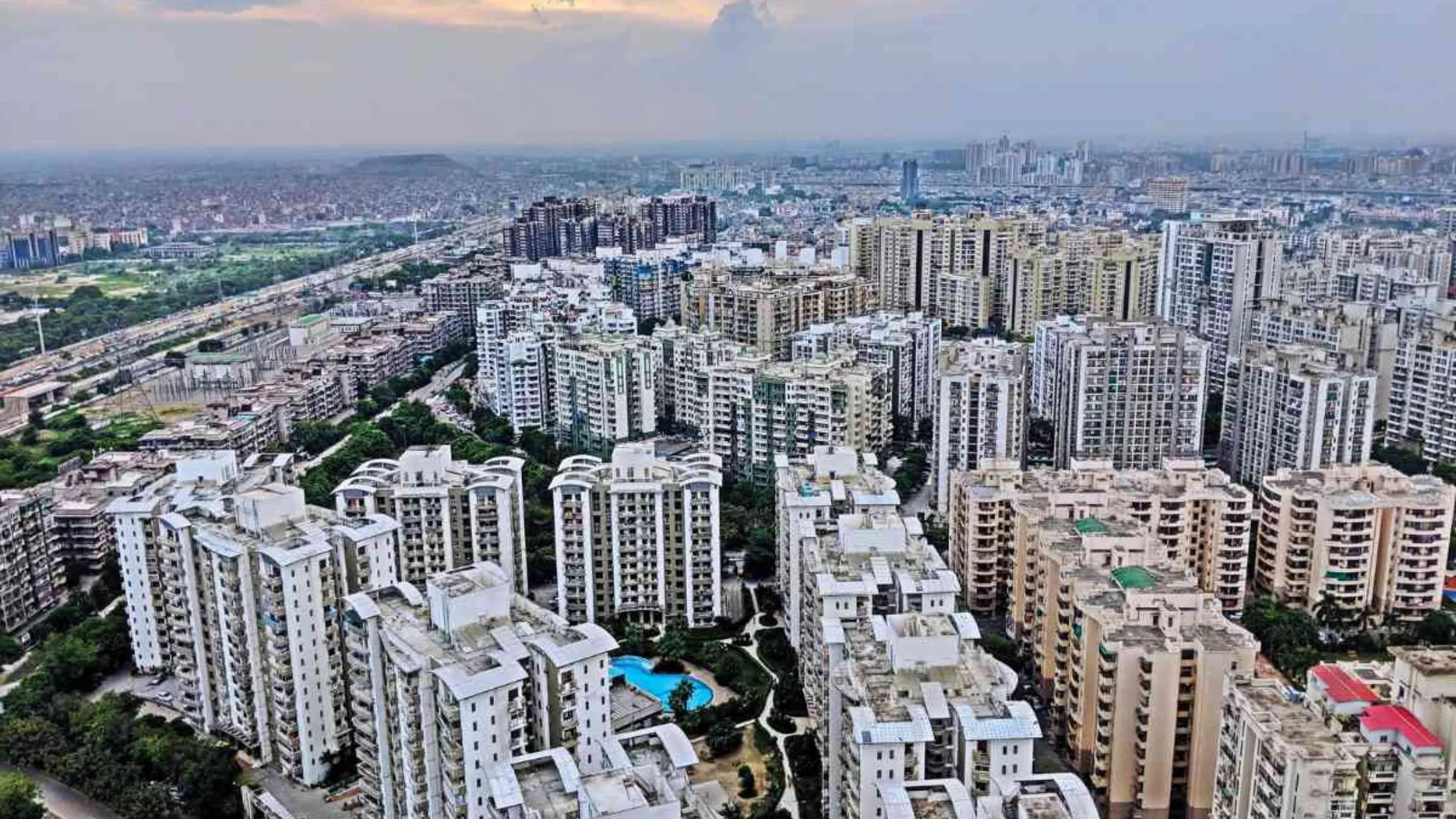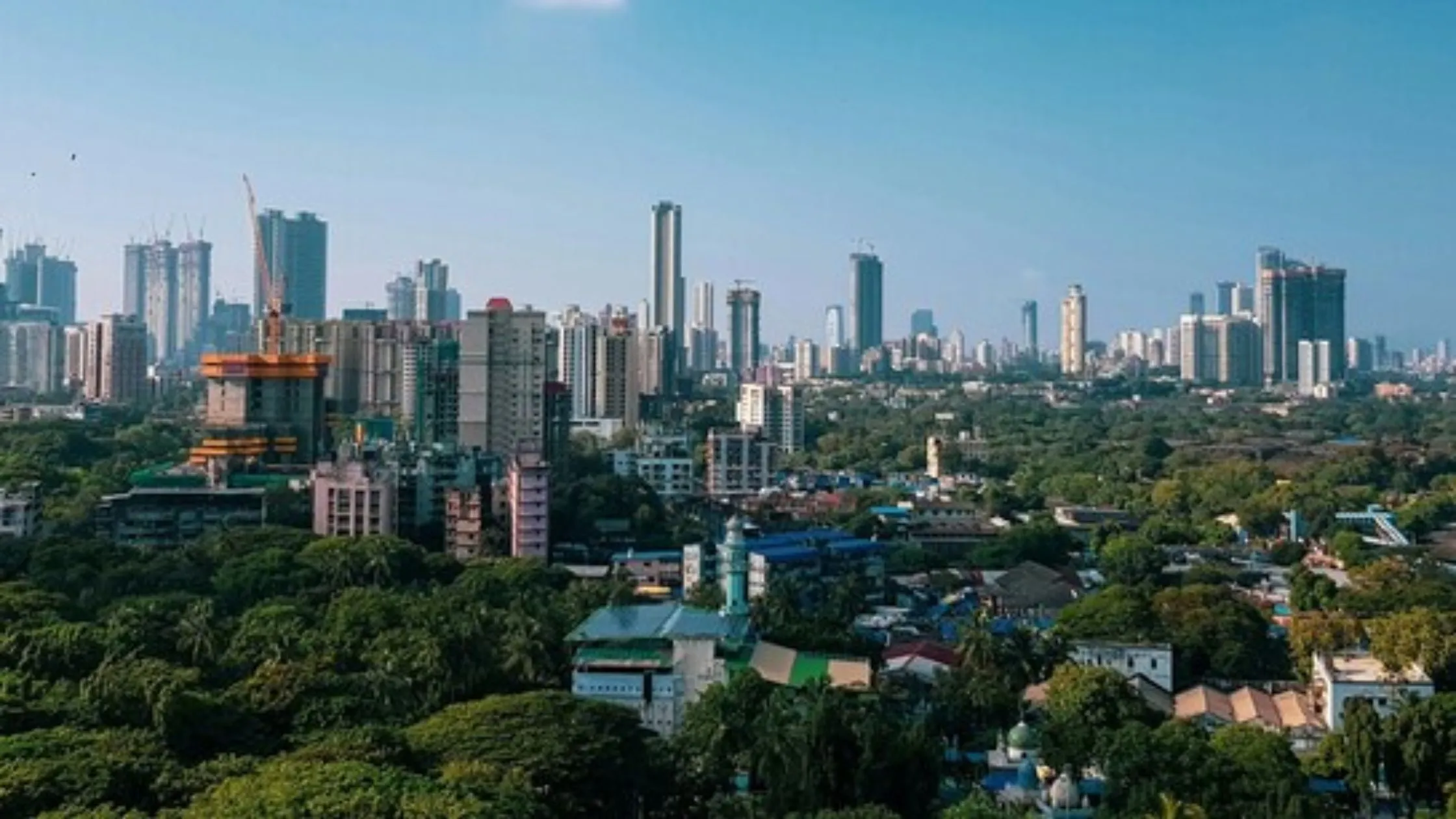Table of Content
▲
India’s housing market maintained its growth momentum in March 2025, with the Housing Price Index (HPI) climbing to 132, an eight-point increase year-on-year across 13 major cities. According to a joint report by REA India and the Indian School of Business (ISB), the surge was led by Delhi NCR, Bengaluru, and Hyderabad, with smaller configurations gaining traction as 1BHK demand rises amid affordability challenges.
National Housing Price Index Trends
The HPI tracks price patterns across cities, including Ahmedabad, Bengaluru, Chennai, Faridabad, Gandhinagar, Ghaziabad, Greater Noida, Gurugram, Hyderabad, Kolkata, Mumbai, Noida, and Pune.
The March 2025 data shows steady residential demand across markets, driven by rising household incomes, lifestyle upgrades, and a shift toward long-term homeownership.
While 3BHK units saw the sharpest monthly gain of 12 points, 2BHKs retained their popularity among middle-income buyers. However, the standout trend was the notable growth in smaller units, reflecting a pragmatic approach from buyers adapting to price increases.
Also Read: SC Upholds Environment Ministry Notification, Junks Exemption Clause for Big Projects
Delhi NCR: Leading the Price Surge
Delhi NCR recorded the strongest annual growth with a 42-point jump in its HPI. This remarkable rise was fuelled by investor interest in premium corridors, ongoing infrastructure projects, and the resilience of the luxury housing segment.
Even with affordability pressures, demand remained robust, supported by a mix of end-users and investors who see the region as a long-term value market.
Bengaluru: Stable Growth with a Shift to Compact Homes
Bengaluru registered a 29-point year-on-year increase, although recent data hints at prices beginning to stabilise.
A significant development in the city’s market is the shift towards smaller configurations as 1BHK demand rises sharply. This change reflects the growing number of young professionals, first-time buyers, and investors focusing on affordability without compromising location or connectivity. Bengaluru’s strong IT job market continues to act as a demand driver, keeping sentiment positive.
City-Wise Housing Market Highlights
- Hyderabad: Posted a 25-point annual gain, maintaining strong demand despite early signs of cooling.
- Ahmedabad: Rose from 113 to 121, supported by sustained interest in smaller units and attractive rental yields.
- Chennai: Recorded an 8-point annual rise but dipped slightly quarter-on-quarter; buyers favoured compact homes over larger layouts.
- Kolkata: Up 15 points, reflecting steady demand in an affordability-driven market where smaller configurations dominate.
- Mumbai: Grew by 5 points; although high property prices limit expansion, 1BHK demand rises steadily among budget-conscious buyers.
- Pune: The only major city to see a decline, with a 4-point drop attributed to uncertainty in the tech sector, though interest in premium 3BHK units persists.
Expert Insights on Market Trends
Praveen Sharma, CEO of REA India, described the current phase as a “healthy consolidation” period following an extended price rally. He believes that stabilization sets the stage for more sustainable growth, particularly if rate cuts and improved affordability bring back buyers who were priced out earlier.
Shekhar Tomar, Assistant Professor at ISB, views price stability as a sign of market maturity rather than a slowdown. According to him, demand remains consistent across cities due to rising incomes, lifestyle shifts, and a move toward purchase decisions driven by end-user needs.
Also Read: India Nears 1 Billion Sq Ft in Office Space, Poised to Become Fourth Largest Global Market
Outlook: What’s Ahead for Buyers and Investors
The coming months are expected to see sustained momentum in the affordable and compact housing segment, especially as 1BHK demand rises in urban markets. This shift could benefit both developers and homebuyers developers gain from faster sales cycles, while buyers secure properties that align with budget and lifestyle needs.
With market fundamentals remaining strong, balanced growth appears likely, ensuring that India’s housing sector continues to attract both domestic buyers and investors seeking long-term value.
Follow AquireAcers Whatsapp Channel to Stay Updated With The Latest Real Estate News






Ans 1. As of March 2025, the national HPI stands at 132, marking an eight-point annual increase across 13 major cities.
Ans 2. Delhi NCR saw the highest rise with a 42-point jump, followed by Bengaluru (29 points) and Hyderabad (25 points).
Ans 3. Affordability challenges, rising property prices, and demand from young professionals, first-time buyers, and investors are fueling the shift toward smaller configurations.
Ans 4. Bengaluru recorded a 29-point annual gain, with demand increasingly shifting toward compact homes due to budget considerations and the city’s strong IT job market.
Ans 5. Pune was the only major city to register a drop, falling 4 points, attributed to uncertainty in the tech sector.
Ans 6. Mumbai’s prices rose by 5 points, with 1BHK units gaining traction among budget-conscious buyers despite high overall property costs.
Ans 7. Experts view the present phase as healthy consolidation, indicating market maturity and paving the way for sustainable growth if affordability improves.
Ans 8. Affordable and compact housing is expected to sustain momentum, benefiting both developers (through faster sales) and buyers (through budget-aligned options).